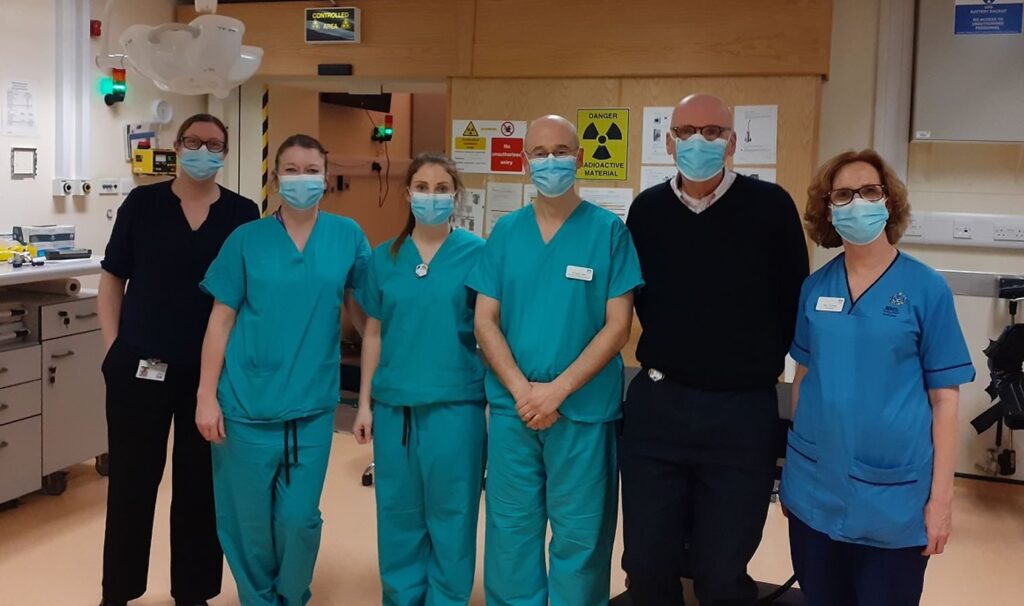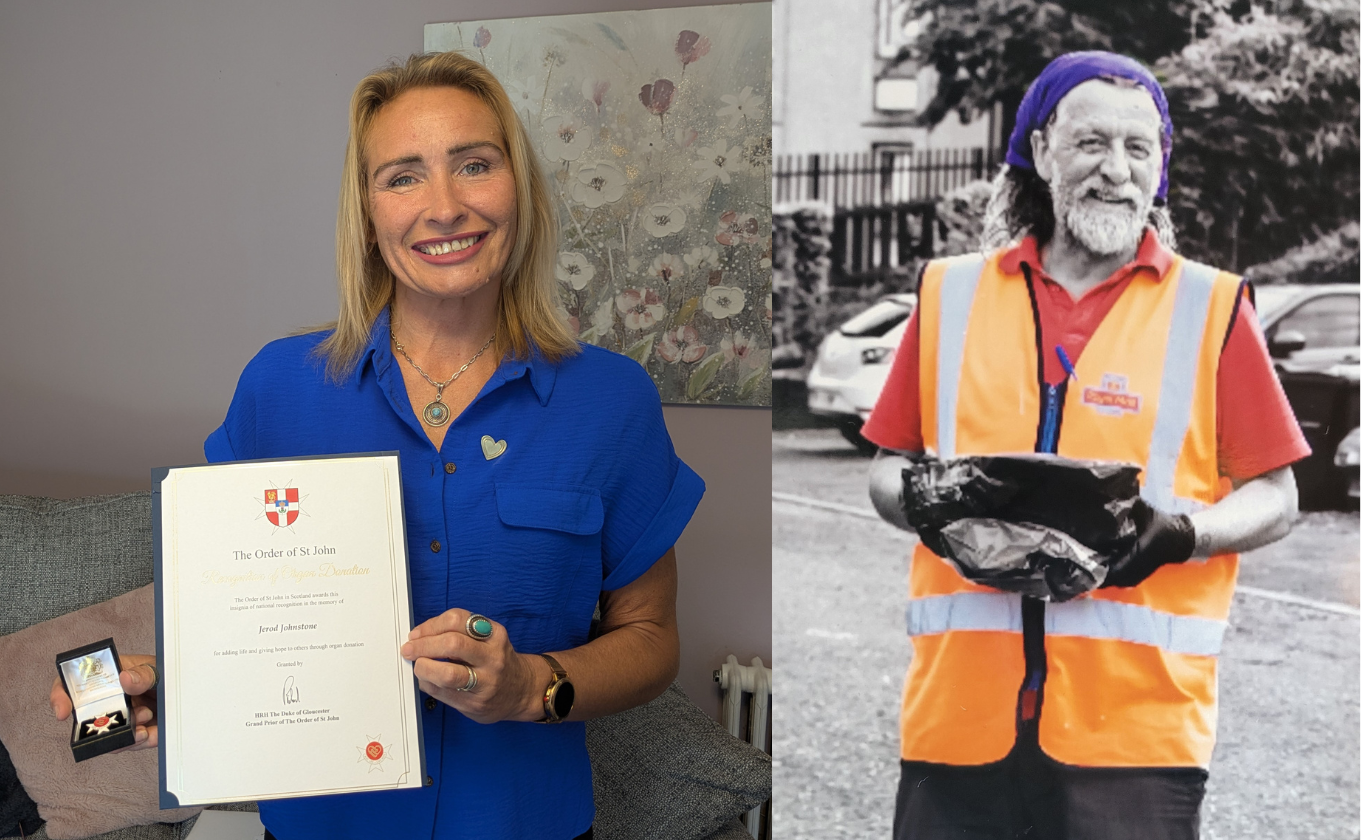New equipment is helping NHS Lothian to provide “first class treatment” to cervical cancer patients in the South East of Scotland.
Cervical cancer is the most common cancer in women under 35 and around eight women are diagnosed with cervical cancer each day in the UK.
The new brachytherapy kit, from Elekta, allows the delivery of a high dose of radiation directly into the tumour and minimises damage to the surrounding healthy tissue.
Brachytherapy is a form of internal radiation therapy which targets the cancer directly.
Dr Mark Zahra, Consultant Clinical Oncologist & Clinical Lead for Radiotherapy at Edinburgh’s Cancer Centre, said: “This kit will help us to continue to provide first class treatment to patients with cervical cancer.
“It gives us more options than our previous brachytherapy equipment as it can treat larger tumours and expand the dose of radiation to the tumour, whilst protecting the normal organs.
“The Elekta kit is used alongside image-guided technology to really tailor treatment to the patient’s anatomy and needs and minimise the long-term health effects of radiotherapy.
“Together we expect these technologies to have a real impact on patients’ cure rates and comfort.”
Edinburgh Cancer Centre has used image-guided brachytherapy for gynaecological cancers for over 10 years and is the first in Scotland to use Elekta technology.
The technology will now be routinely used for all eligible patients in the South East of Scotland with gynaecological cancers.
Dr Zahra continued: “Edinburgh Cancer Centre is a leader in innovative treatments and progress such as this could not have been possible without a huge team effort.
“We strive to provide the best possible care we can and share our research and learning to help improve outcomes for patients everywhere.”
Over 99% of cervical cancers are caused by HPV. HPV is very common and four out of five people in Scotland will have it at some point in their lives.
HPV vaccines are offered to all S1 pupils and can prevent around 75% of cervical cancer cases. Alongside the vaccine, it’s vital to attend cervical screenings (smear tests) when invited.























